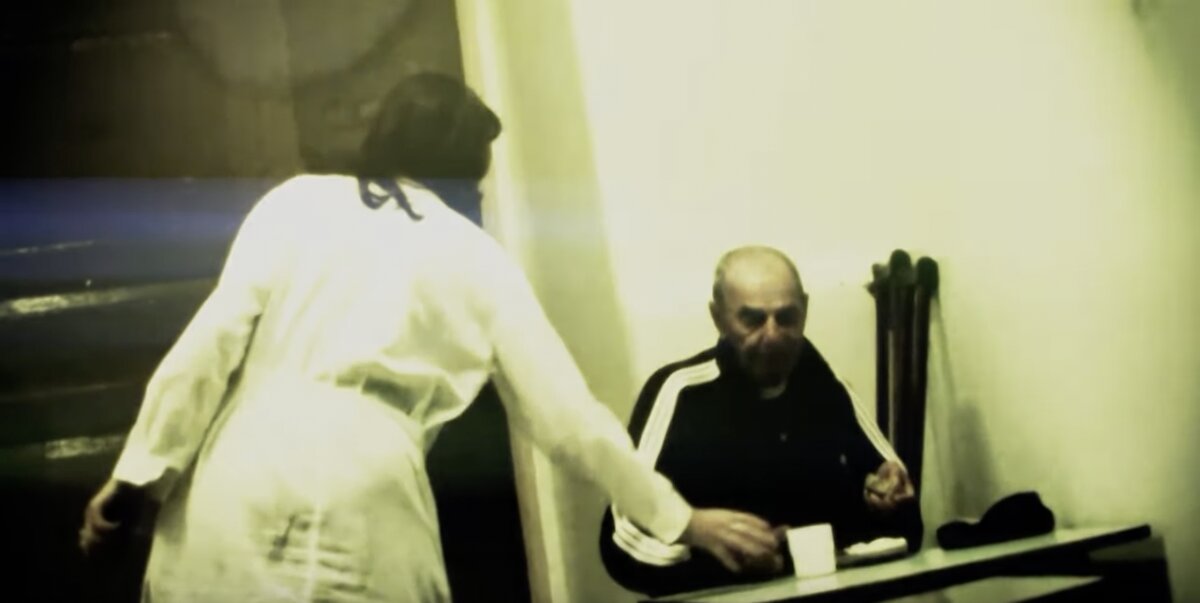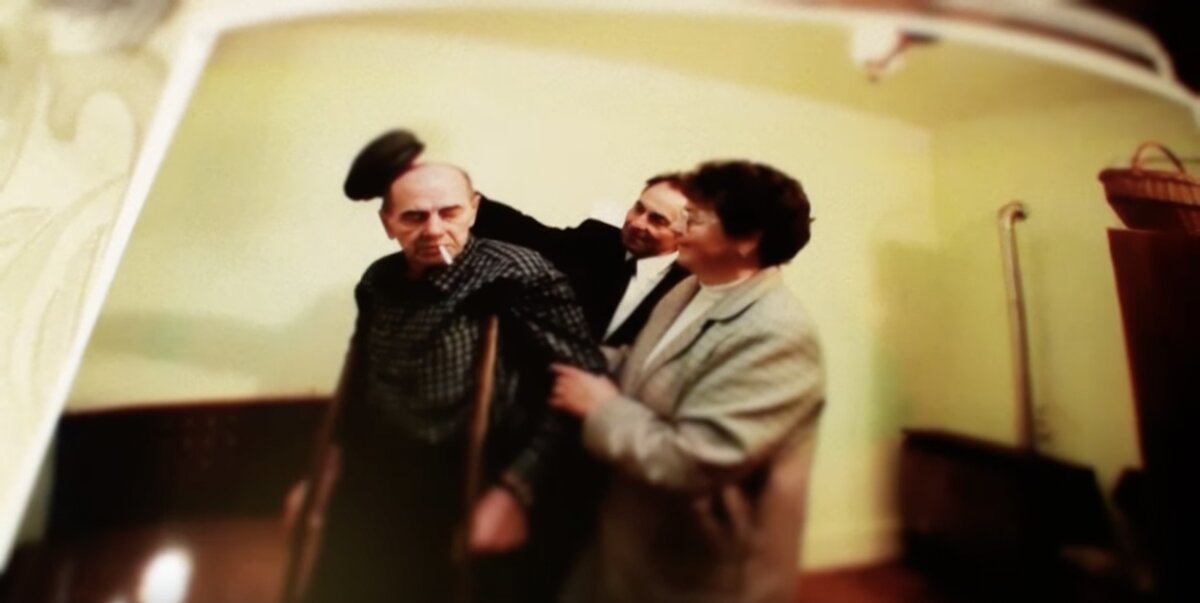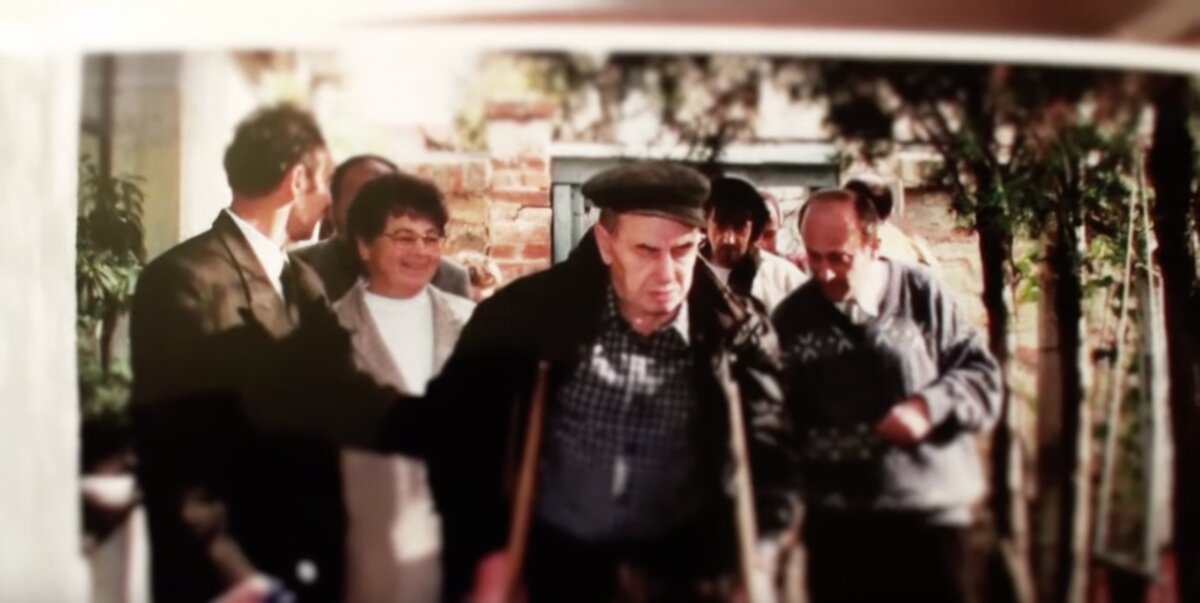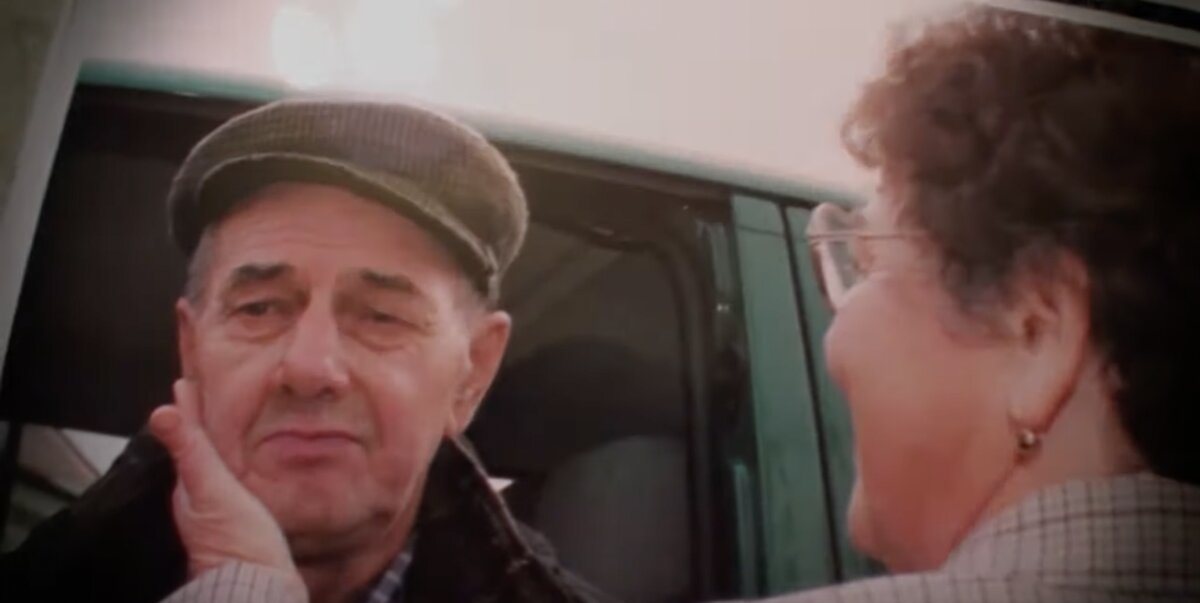Change language:
PHOTOS, VIDEO: The last Hungarian WWII POW got home in 2000!

András Toma, the last Hungarian WWII prisoner of war spent 53 years forgotten in a mental hospital in far-off Russia. He only returned home to Hungary on the 11th of August in 2000. Here is his story:
His captivity after WWII
As Blikk wrote, András Toma was conscripted in 1944 at the age of 19. As a soldier of the Hungarian army, he was captured somewhere between Auschwitz and Krakow in January 1945. The young man was then transferred to the POW camp at Boksitogorsk near Leningrad. After that, he was transferred to Bistrica, 1500 km to the east, in the spring of 1945. In 1947, the warrior with nerves shattered by the inhuman conditions and the awful journey was sent to the Kotelnych mental hospital. It was located 800 km from Moscow, and András Toma spent 53 long years at the institution.
Following Soviet practice, once the man had passed through the gates of the psychiatric institution, his name was removed from the POW list. Therefore, it did not strike the Hungarian authorities that he did not return home even after the easing of the situation after the end of WWII.

How he got home
Toma had not learned Russian in his fifty years of captivity. He would presumably have died in a Russian institution if a Slovak doctor had not noticed him. The doctor got suspicious as he only spoke Hungarian and was registered at the psychiatric clinic under the wrong name, András Tamás. Later, Toma attracted the attention of the Russian and then the Hungarian press, as well as the Hungarian authorities. The authorities sent András Veér, neurologist and psychiatrist, who officially confirmed that the elderly man was without doubt Hungarian. He finally returned home on the 11th of August in 2000.



After his return
After his return, at a Hungarian psychiatric clinic, it was found that his mental illness could be treated with medication. In addition, he was given a new artificial leg, which was 1.5 kilos lighter than the old Soviet one. Researchers found out that the elderly man was from Sulyánbokor, near Nyíregyháza. He was then taken to the village to meet the family that was believed to be his. Later, DNA tests confirmed the family links. The family documents revealed that András Toma was already suffering from mental illness at the front. He even had the opportunity to visit his old school and meet his classmates who were still alive.
András Toma and Hungarian star journalist Vujity Tvrtko:
Compensation
After his return, Toma was promoted to reserve sergeant major by the Minister of Defence for his decades of service. He also received his salary from the past years, which eventually amounted to several million forints, as his service was considered continuous during his time in the psychiatric hospital. However, the family was not satisfied with the compensation. The elderly man spent four years with his family after his return. His sister, Anna, cared for him until he died in 2004.
Here is a video of the inauguration of his memorial:
As you can see and hear in the video, the old warrior could still sing the Hungarian Appeal (Szózat) even after over 50 years of Russian captivity!
If you are interested in history, you might also want to read the following articles:
Hungary taking in Polish WW2 refugees commemorated in Warsaw
A commemoration was held in Warsaw on Monday, marking the 84th anniversary of Hungary opening its borders to Polish refugees at the beginning of the Second World War. The event was held at the memorial of Jozsef Antall Sr and Henryk Slawik, who organised the rescue effort, and attended by Orsolya Zsuzsanna Kovacs, Hungary’s Ambassador to Poland, and Jan Józef Kasprzyk, the head of the Polish office of war veterans and those persecuted in war. Polish Speaker of the House Elzbieta Witek sent a letter greeting the participants.
In his speech, Kasprzyk noted that in September 1939, Hungary opened its borders to Polish refugees displaced by German and Soviet aggression. He called Antall and Slawik heroes of the Polish, Hungarian and Jewish people. “Those two men showed that we must preserve our humanity and love for our brethren even in the hardest of times,” he said.







